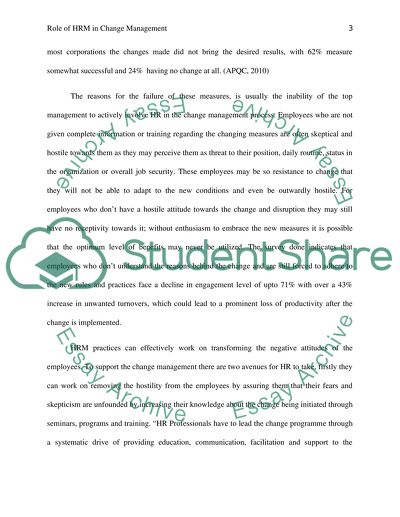Cite this document
(“Managing Change Essay Example | Topics and Well Written Essays - 1000 words”, n.d.)
Retrieved from https://studentshare.org/other/1400162-managing-change
Retrieved from https://studentshare.org/other/1400162-managing-change
(Managing Change Essay Example | Topics and Well Written Essays - 1000 Words)
https://studentshare.org/other/1400162-managing-change.
https://studentshare.org/other/1400162-managing-change.
“Managing Change Essay Example | Topics and Well Written Essays - 1000 Words”, n.d. https://studentshare.org/other/1400162-managing-change.


